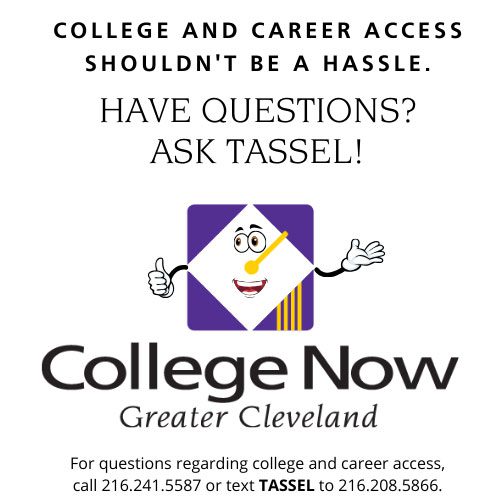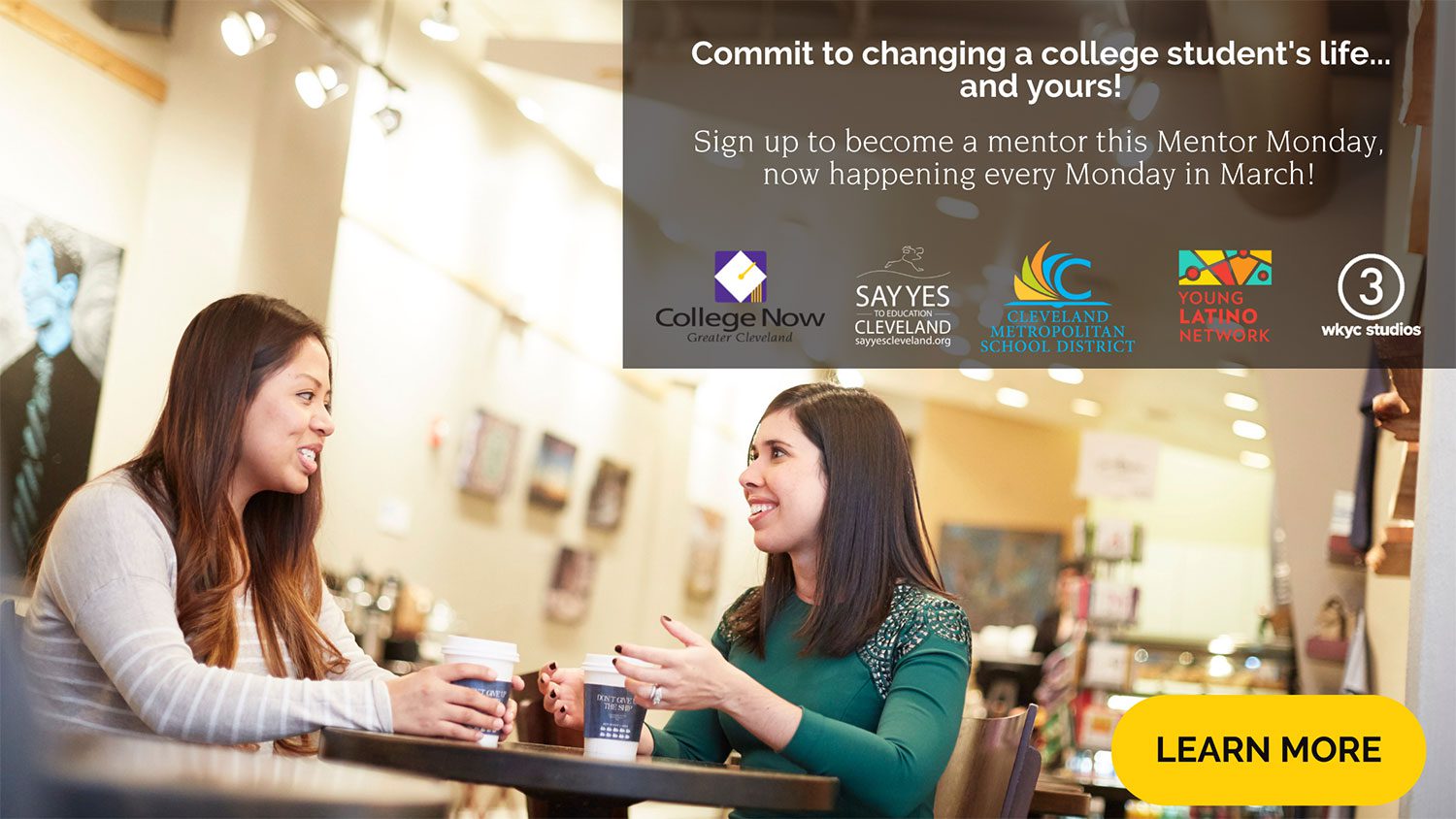Prepare in Advance Don’t go into a college visit cold. Have your student do research about the school you’re going to visit ahead of time. What majors/minors do they offer? What student organizations could they join? What percentage of students live on-campus vs. off-campus? These are a few things to keep in mind as you help your student prepare. In addition, your student can send his or her transcript to the college’s admissions office ahead of your visit. This demonstrates your student’s interest and can help the college tailor your visit to your student’s interests and needs. Focus on Financial Aid For first-generation and low-income students, their main concern when on a college visit is “Can I really afford to do this?” So, while the campus tour and the admissions spiel are important, too, try to tailor your visit so that the focus is on financial aid, as opposed to just admissions. Meet with a financial aid counselor, who can explain everything that goes into the cost of attendance, the financial aid options available to them and any additional programs the individual school might have to support them. Make Connections to On-Campus Resources This is important for ALL students, but it’s especially important for first-generation and low-income students. There are many on-campus resources available to ensure students are as successful as possible. Make sure you seek out information on support services that are available on campus like the writing and math center, tutoring, ESL, multicultural affairs, etc. Helping students make connections to services that are available to help them makes it more likely that they will seek out those resources should they need them when they arrive on campus. Seek out the First-Year Experience Often, admissions tours show you the shiny, new facilities on campus; and while they’re impressive and exciting, it’s also important that students see where they’ll be spending their time freshman year – spoiler alert: freshmen don’t often spend a lot of time in the newer buildings! Make sure your student has an opportunity to see the freshman dorms and the dining halls. Check out the academic buildings in which your student will have class – this is particularly important if he or she already has a major in mind. And, speaking of classes, try to sit in on one to give your student a taste of what college-level coursework is like. Even students who are in honors classes in high school find the rigor of college classes to be more than they expected. Seeing a college class first-hand will help your student understand the amount of work it will take to be successful in college as compared to high school. Keep in Mind that the Students Selected by the School to Engage Your Student Can Make or Break the Visit The college students you see on campus during your visit are critical to the impression the school leaves on your student. A big reason people do college visits is to help students visualize what it would be like to attend that particular school. Having a tour guide or staff member versed in the issues facing first-gen and low-income students who can accurately answer your student’s questions is really important. Additionally, seeing a student panel where diversity is reflected and your student can see someone who looks like him or her – in terms of race/ethnicity, academic performance, income-level, major of interest, etc. – helps him or her see how he or she could potentially find his or her place on campus. And, if your student is interested in a specific student organization or sport, see if the admissions office can arrange a meeting with that organization’s leaders or coaching staff. These are just a few ways to ensure that your first-generation, low-income student comes away from a college visit with the information he or she needs to make an informed decision about whether or not a school is the right fit. It is by no means an exhaustive list. What tips do you have for successful college visits? ]]>
Planning an Impactful College Visit for First-Gen, Low-Income Students




